Here’s your mission, should you choose to accept it. Take a look at the quotes below and let me know which ones resonate most with you. And then let me know what you would like to see from this Substack in 2026.
Wishing you and yours a blessed New Year and a happier 2026!
Last week I sent out my top 25 postings for the year, along with 25 quotes that encapsulated key ideas I hoped to convey. Today, I’m re-sending just the quotes and asking you to rank the top ones. This will give me a chance to better know you, what you are looking for and how I can help you as we continue our journey together.
While the primary goal of much of my writing is to inspire spiritual connection, an equally important objective this year has been to remind us of what we are fighting for, to reignite the passions that have kept democracy afloat and must continue to during these exhausting, turbulent times. These quotes, and the essays they come from, are intended to ignite as much as to inspire.
I want to thank all of you for coming on this journey with me. I really sense that we are in this together, and I appreciate your readership and support, and most of all, your trust, more than you can possibly know. Trust is such a rarity these days, perhaps a writer’s most precious resource. Perhaps our world’s.
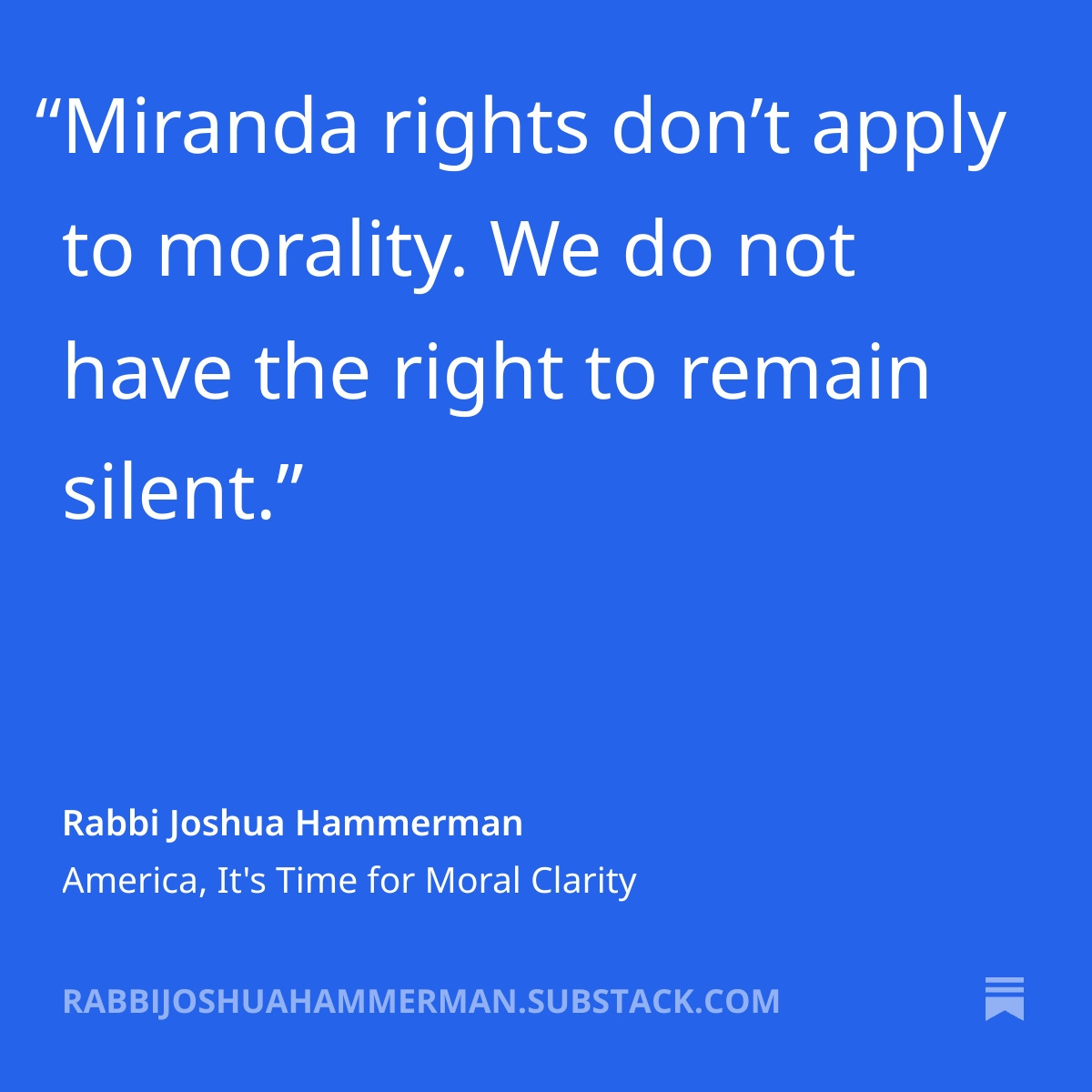

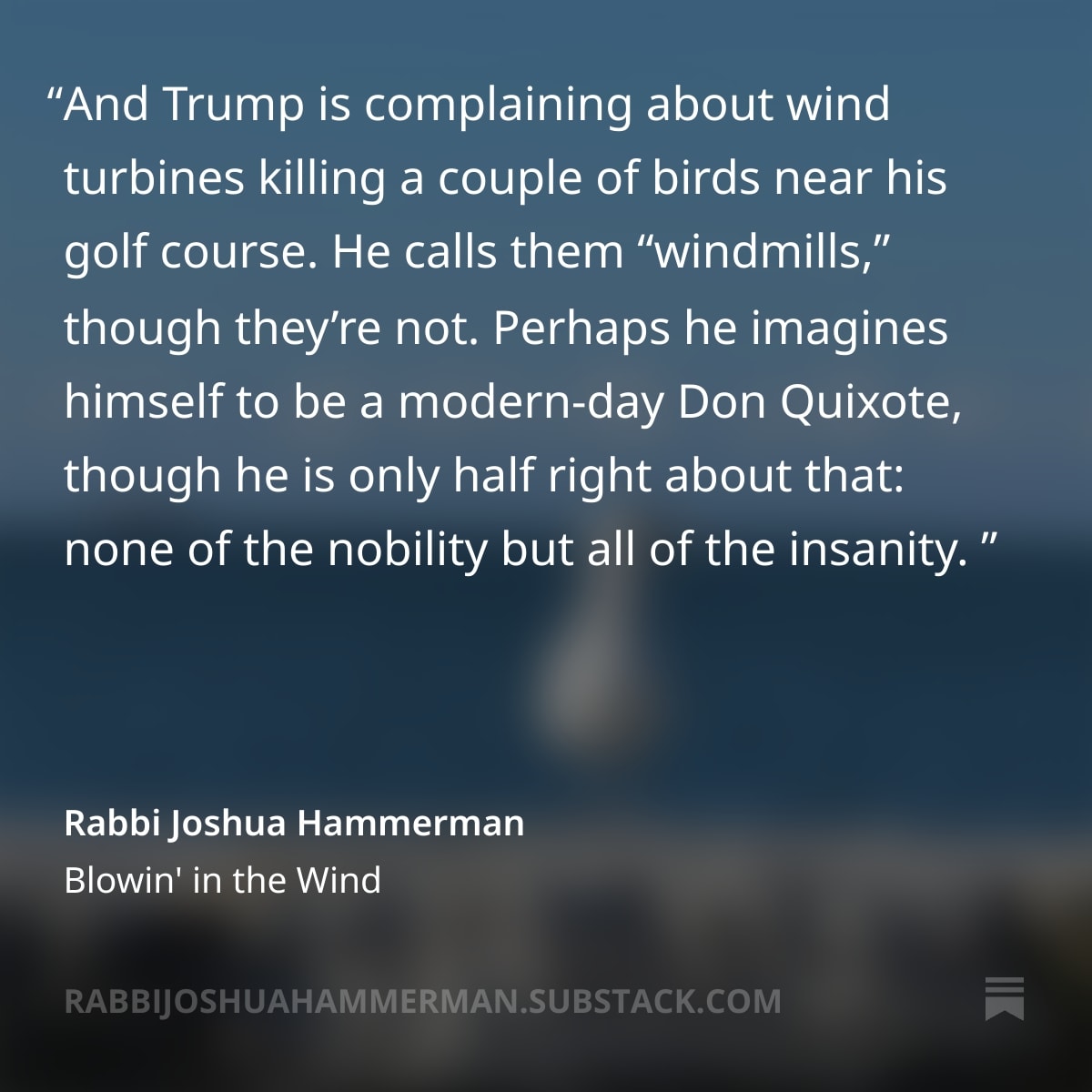



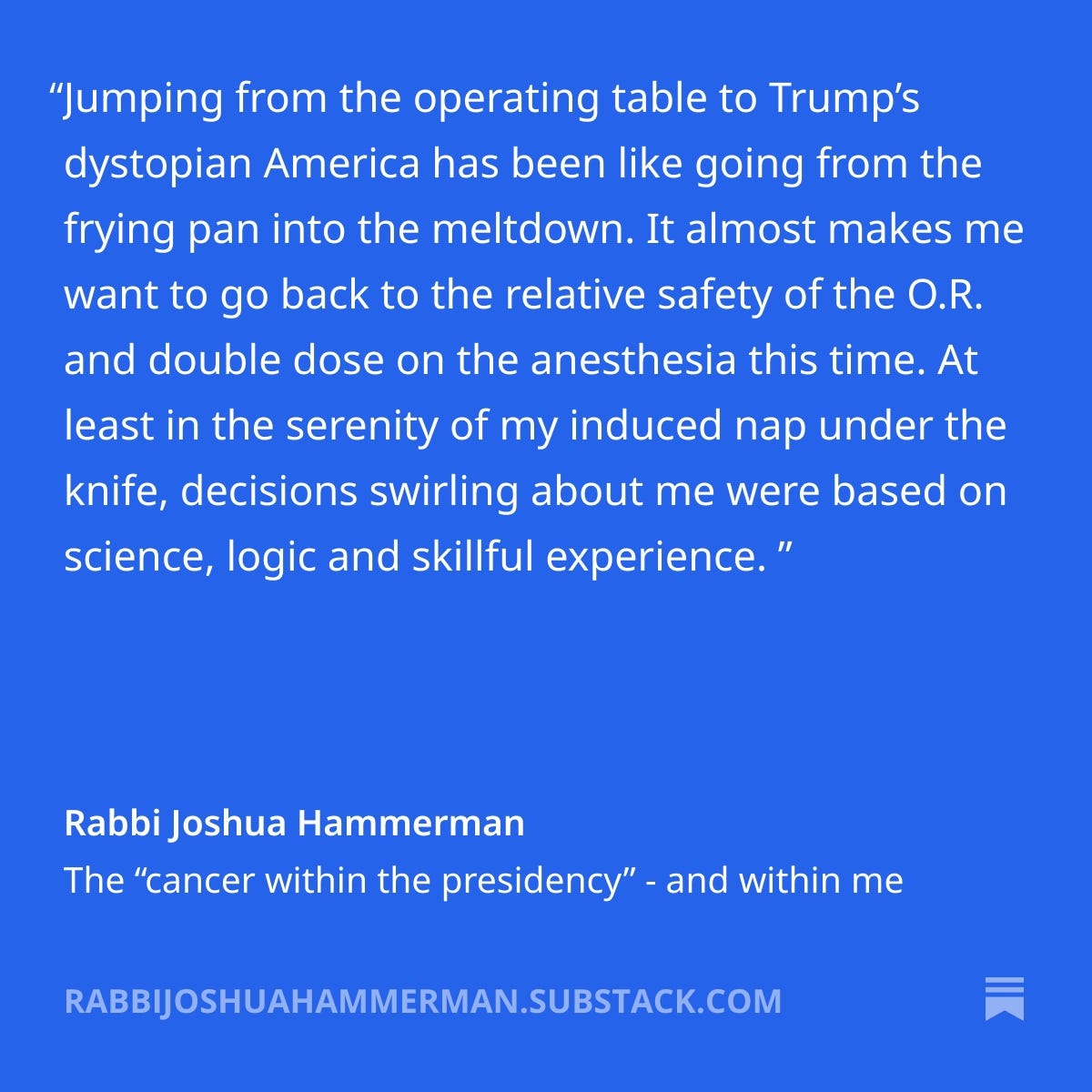
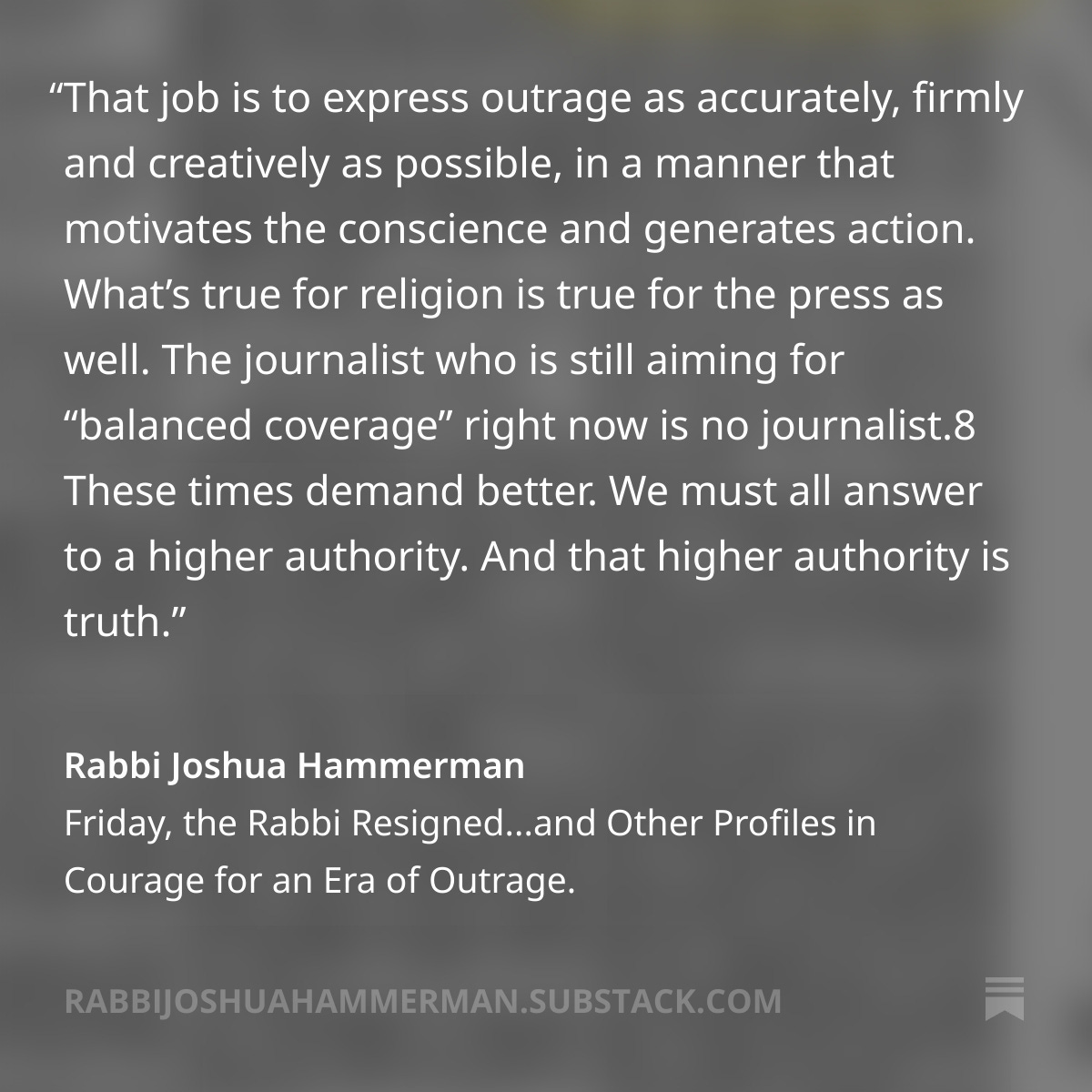
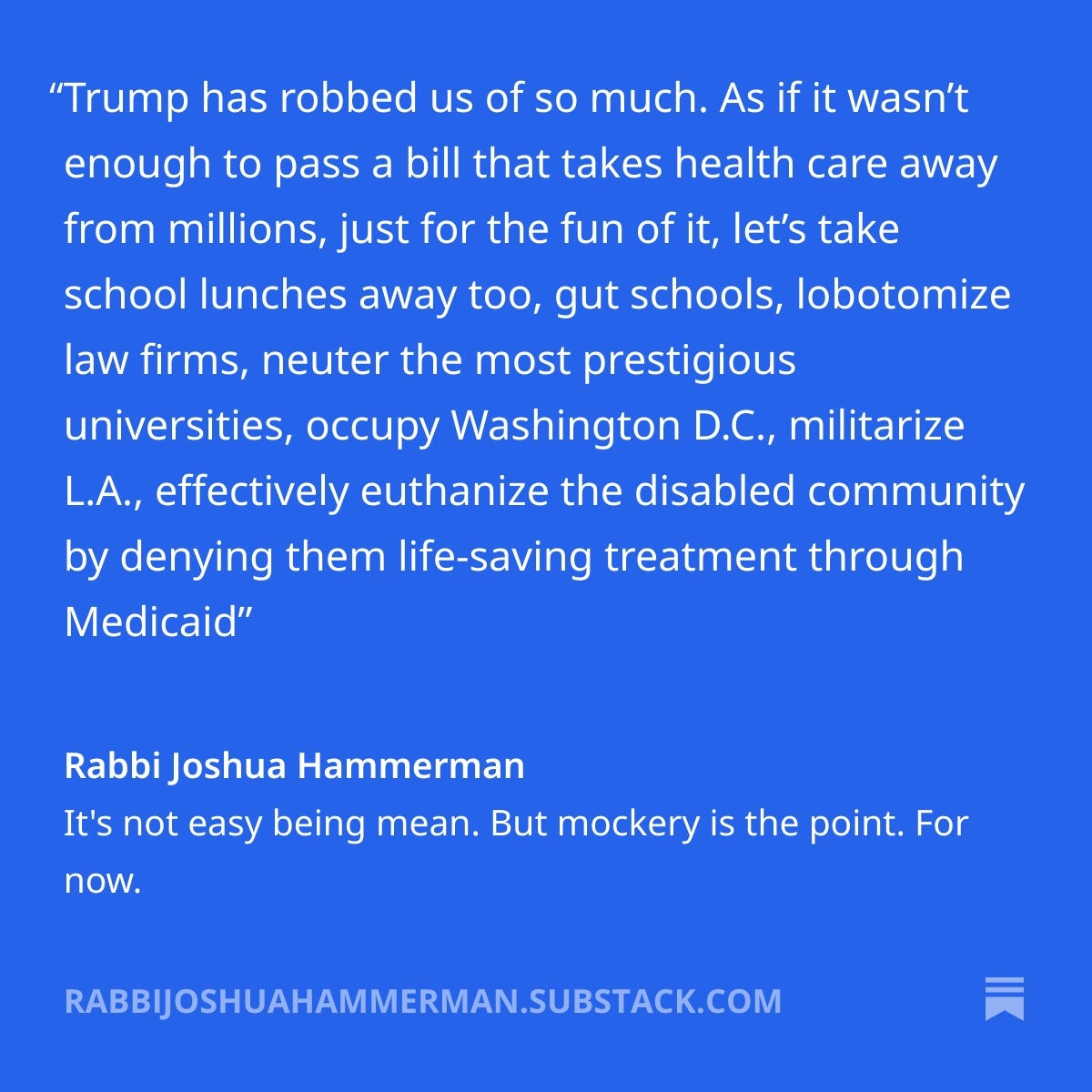



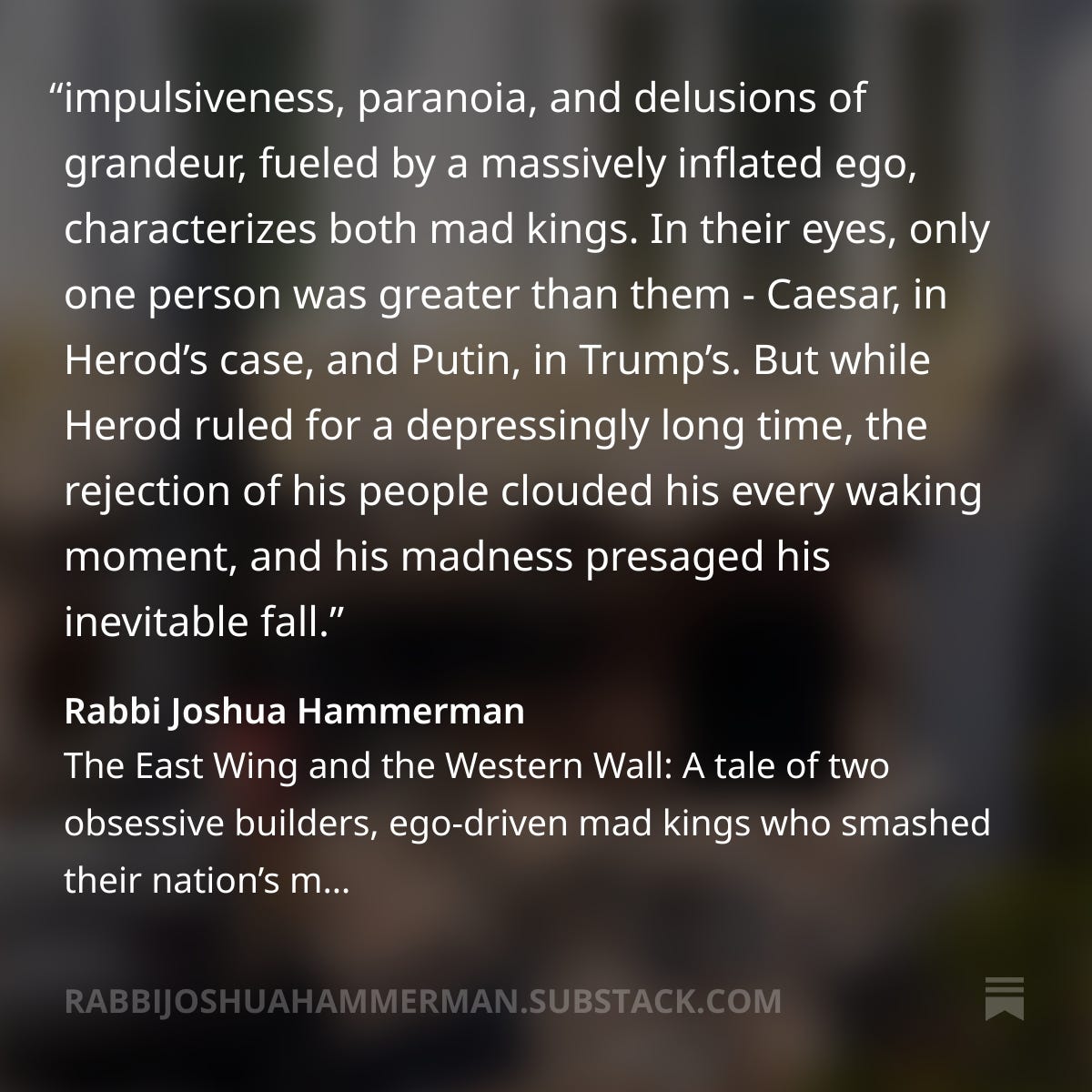
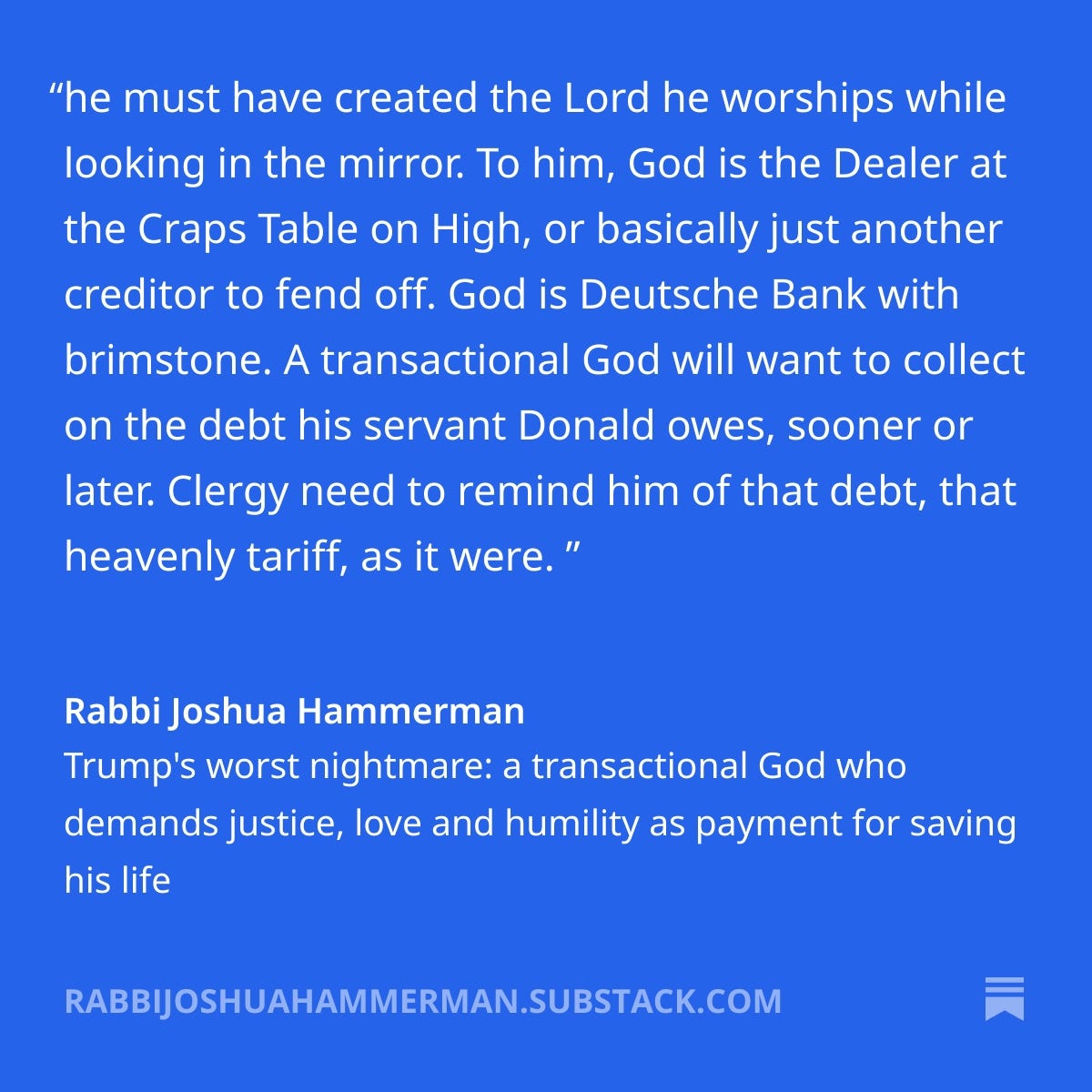
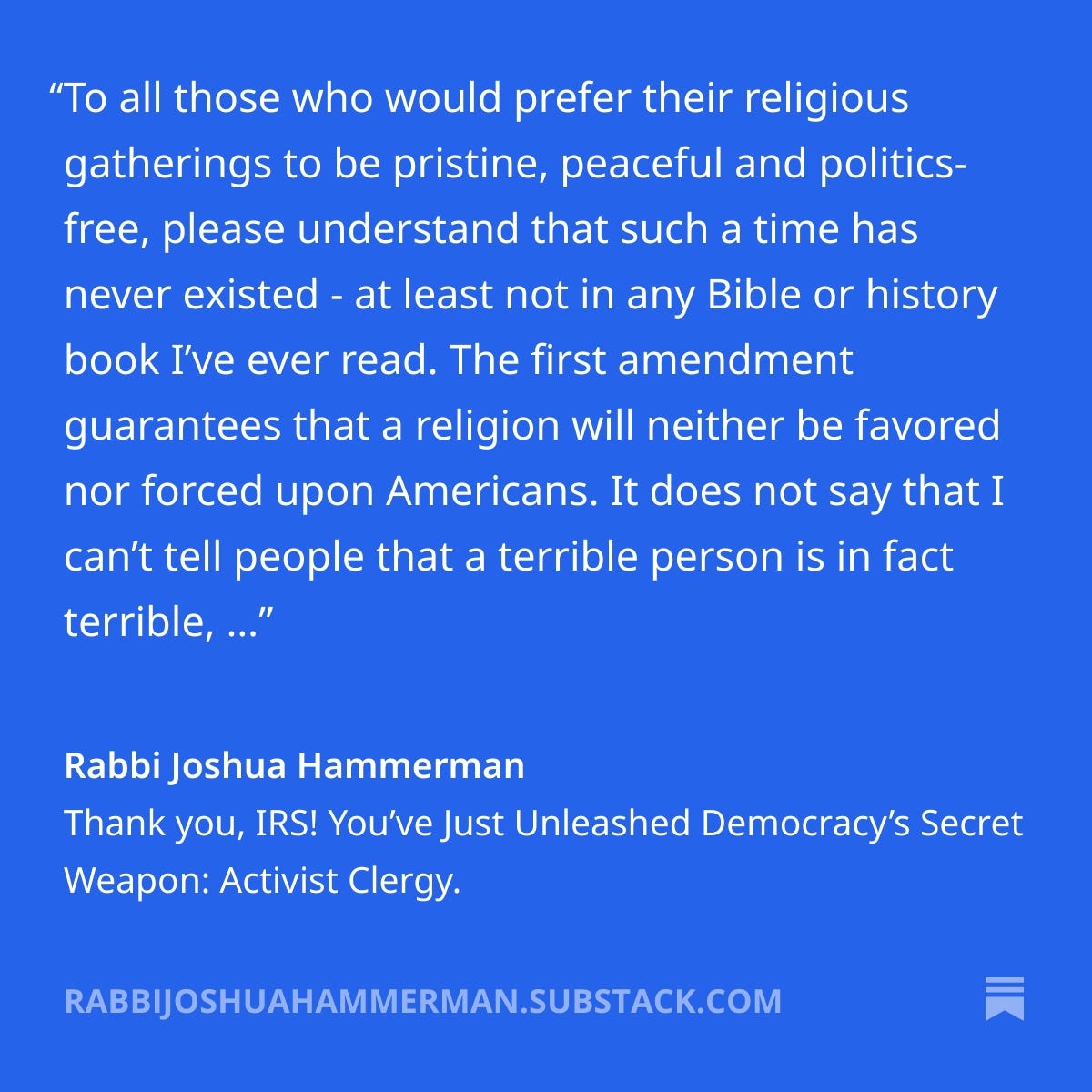
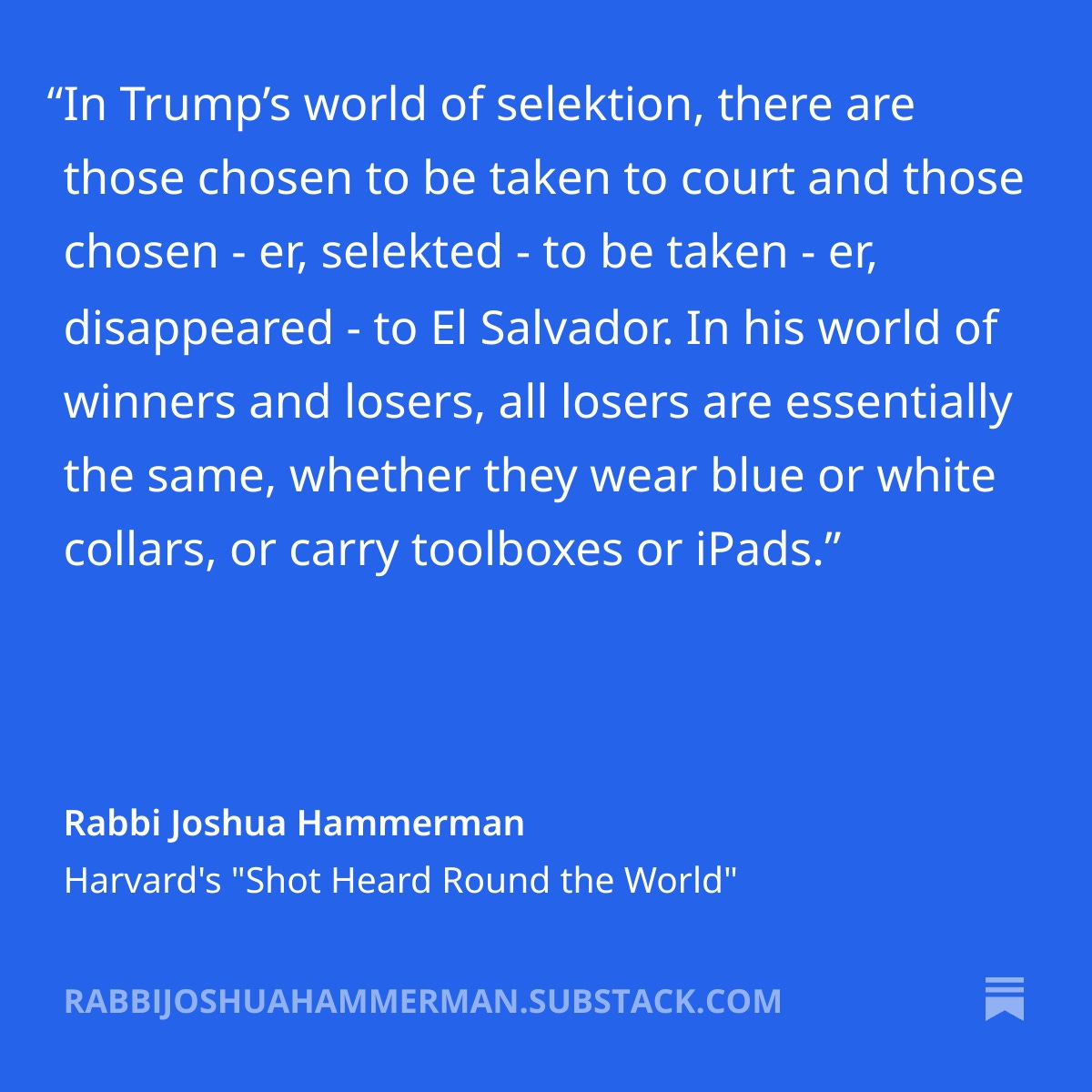
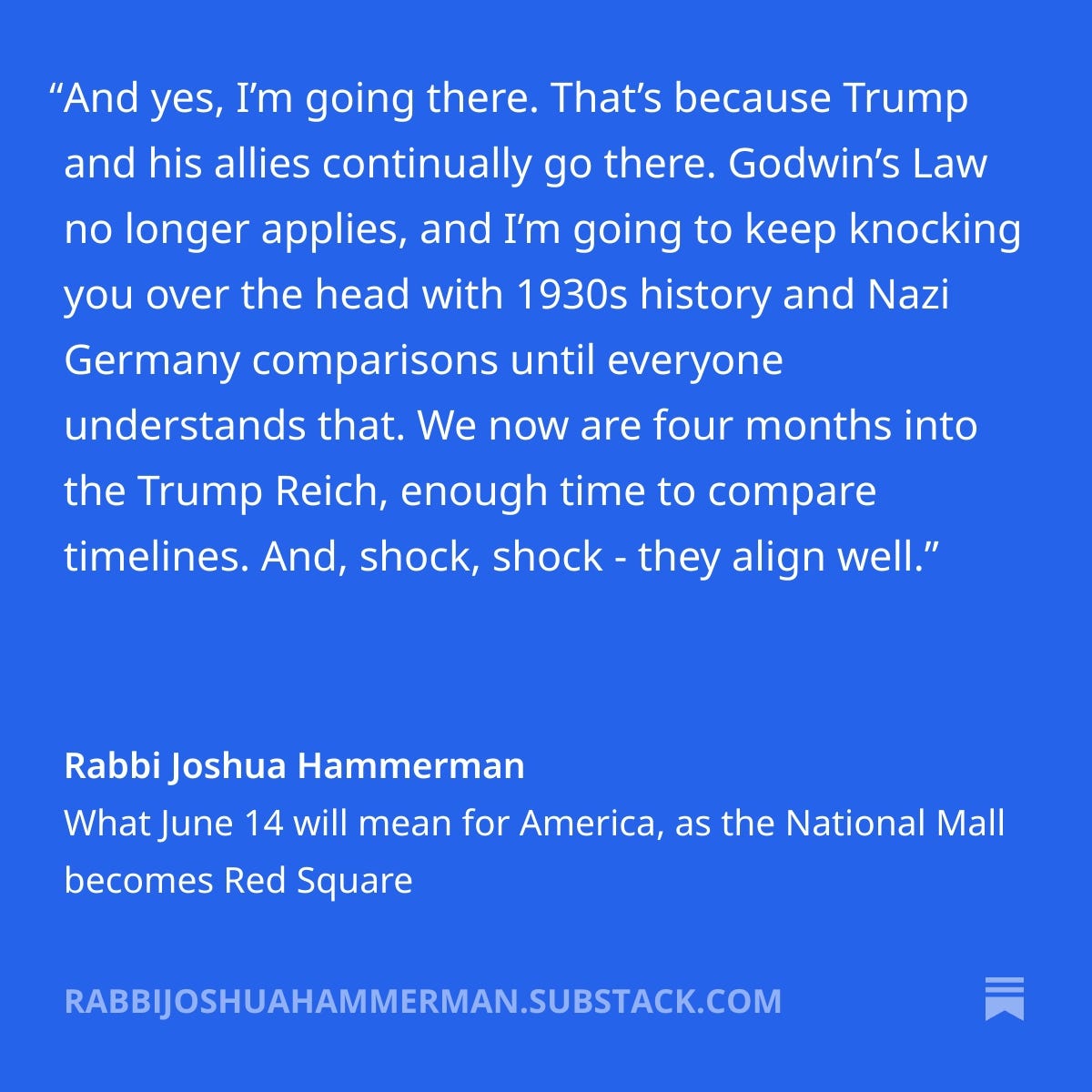





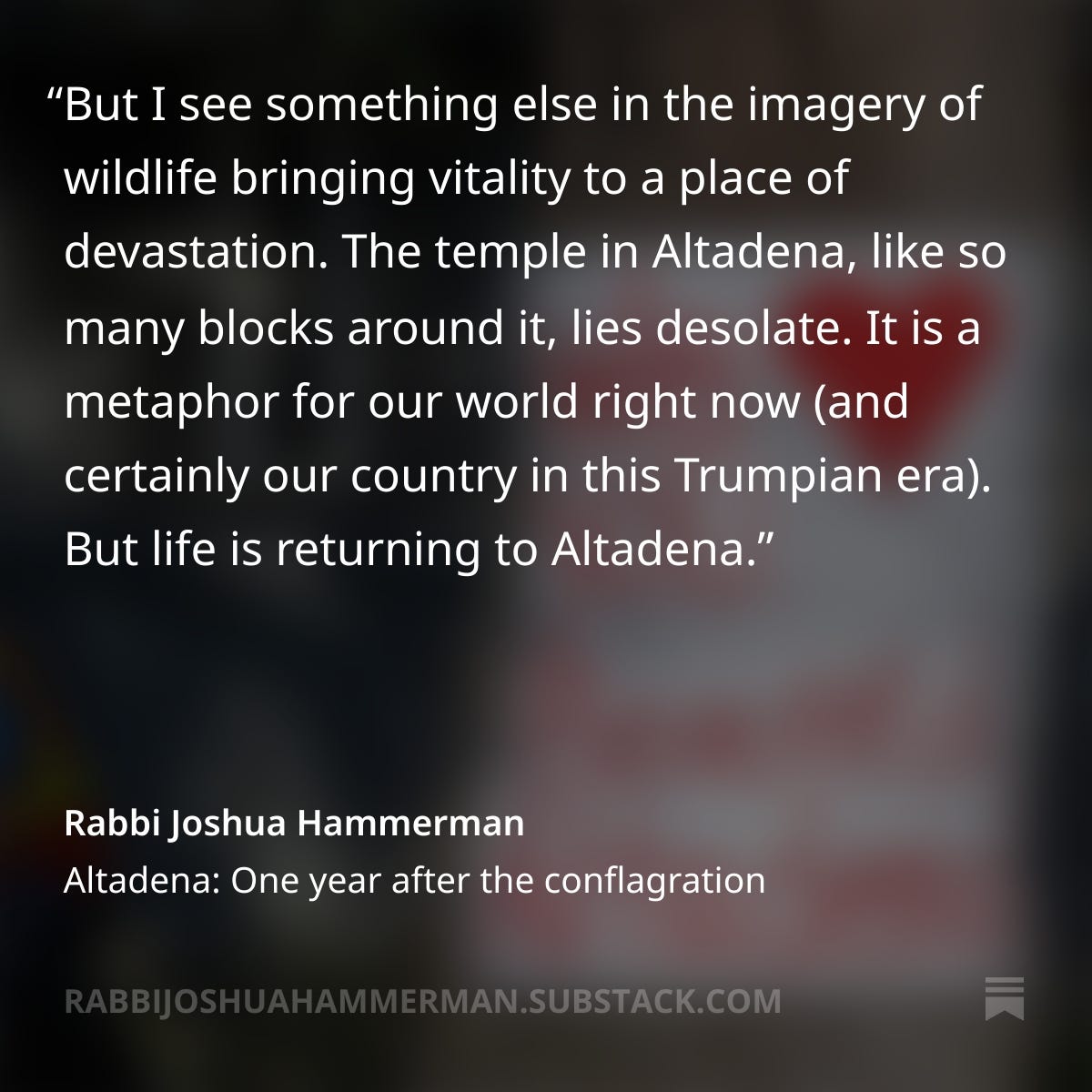
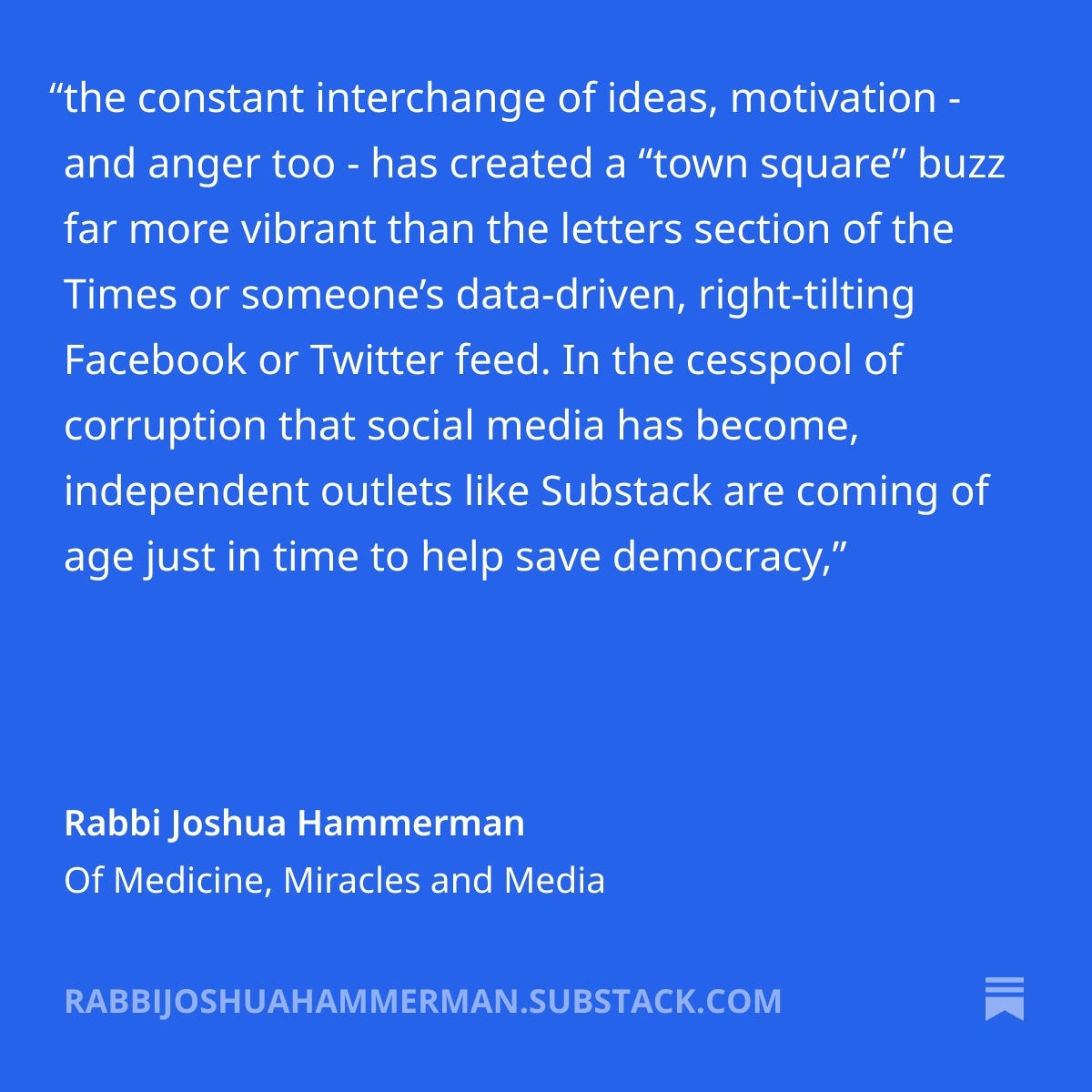

I don’t know how to communicate my preferences and reading all 25 seems difficult and unnecessary since every one I’ve read so far is something I find effective and I agree with. I have particularly hated how the media has covered Trump since 2015. I remember screaming at NPRs constant repetition of his tweets, having apparently no clue of what free coverage does for a campaign. They could have aired Hillary’s response to each, maybe even teaching her and Democrats how to fight back in the process. It’s all sound bites until ICE comes to your door.
It’s difficult to choose. The “wind mills” made me smile and I appreciate the comparisons between this administration and Nazi Germany /Hitler. Also the importance of standing up and together against this cruel and inhuman political party.
Happy New Year and may we be successful in defeating this current corrupt government in 2026!
I must apologize. I cannot pick one specific quote because they are ALL equally appropriate and reflect the truth and frustration of our time. I agree with Terese (below).
Thank You Rabbi! You inspire me with your wisdom! I will keep speaking up, go to protests, phone voters, and put the sign back in my front yard "LOVE NOT HATE MAKES AMERICA GREAT"!
Miranda rights/morality